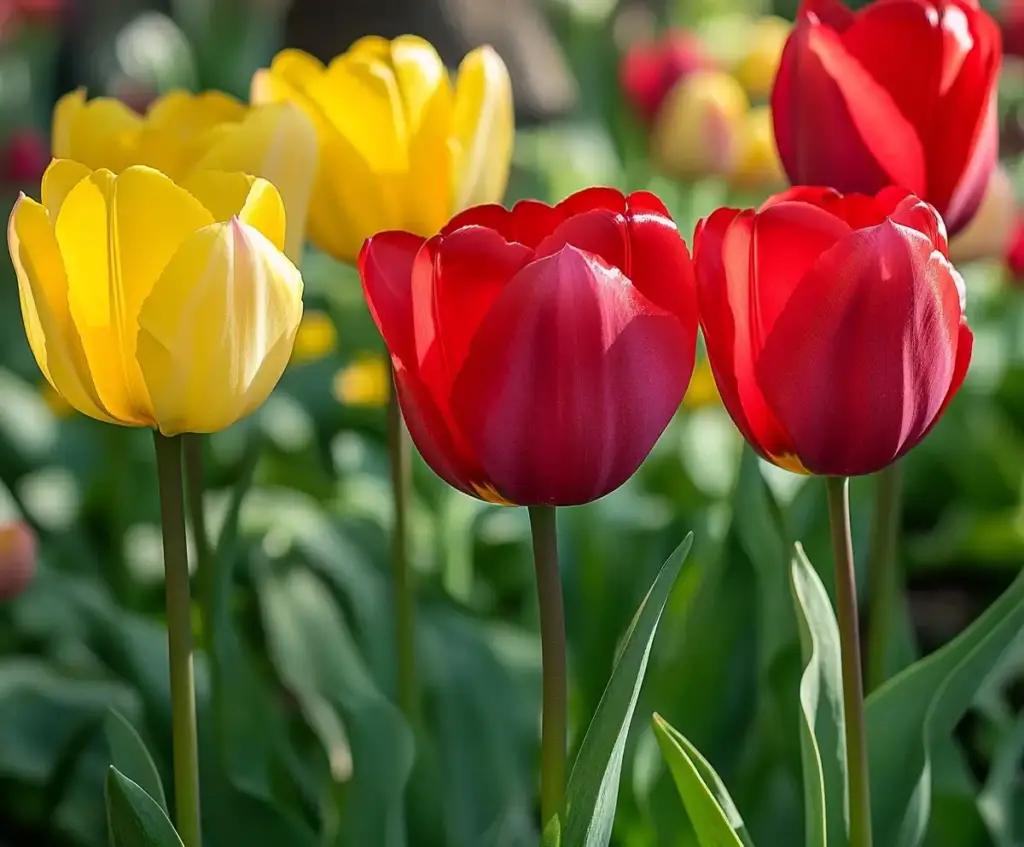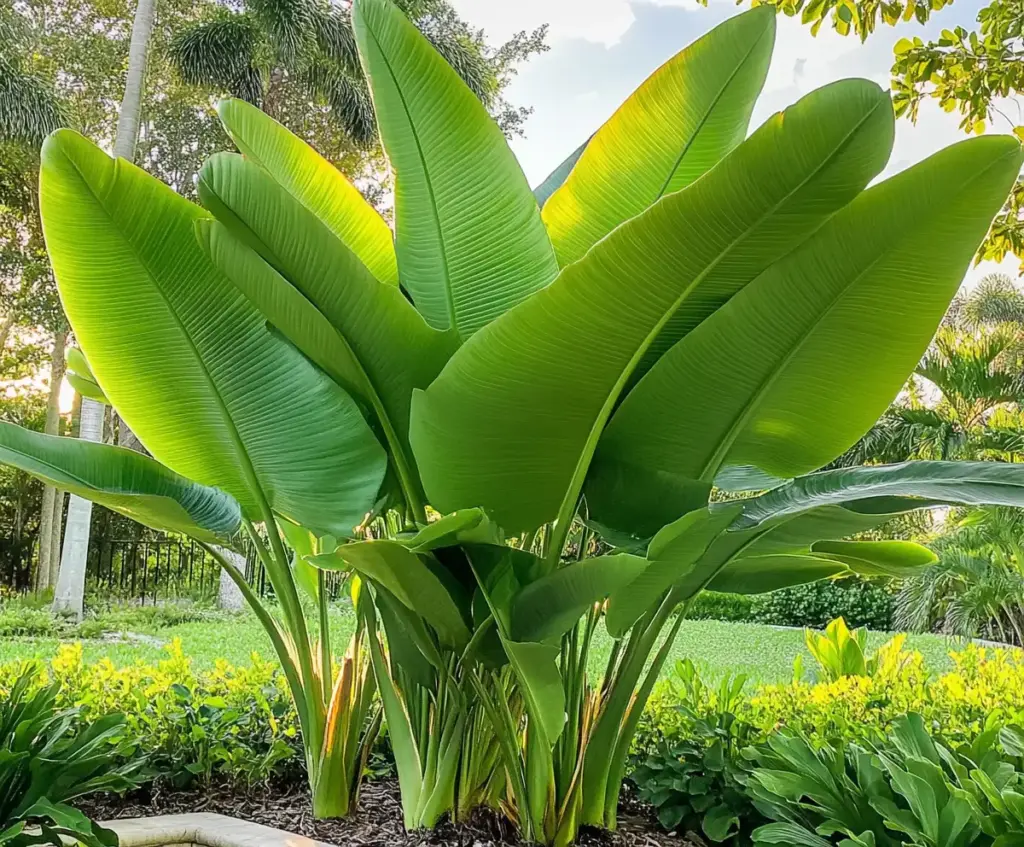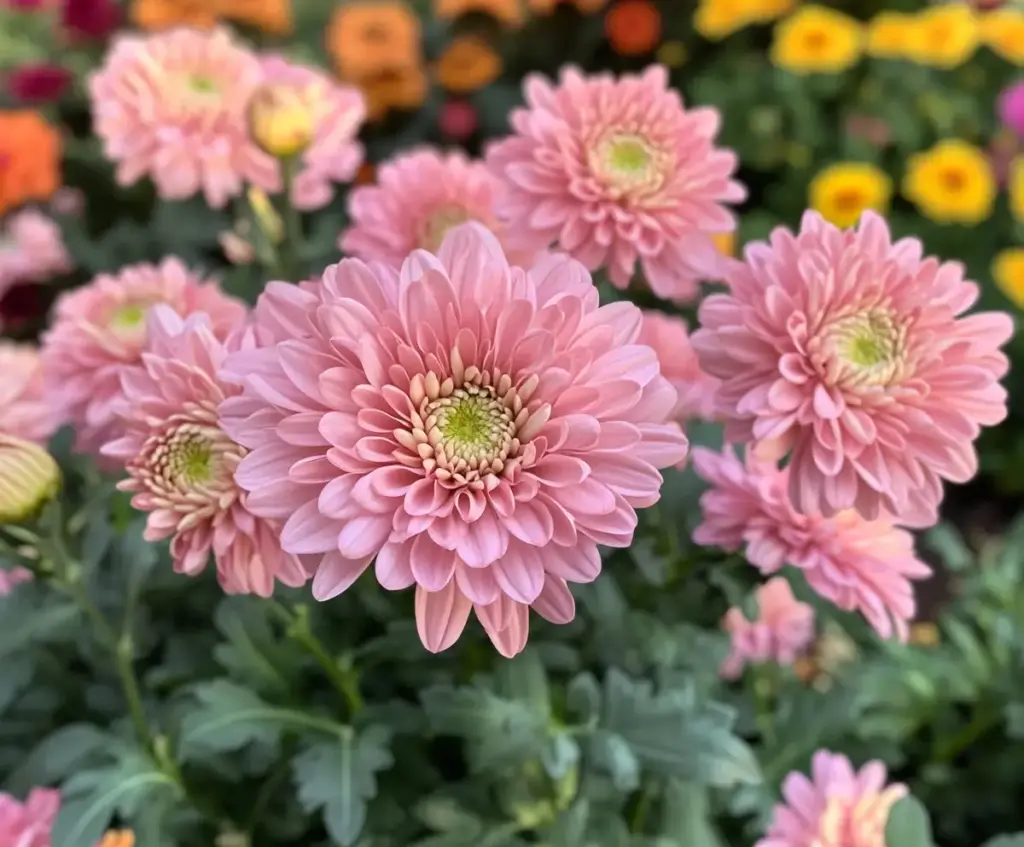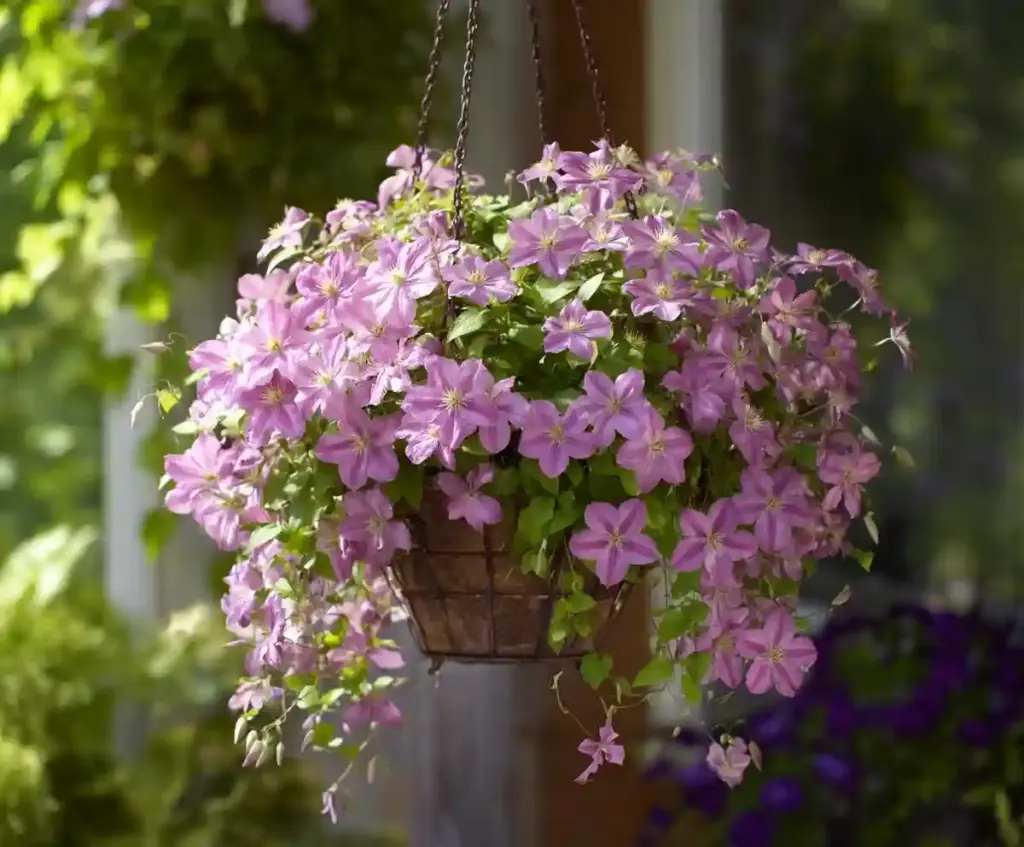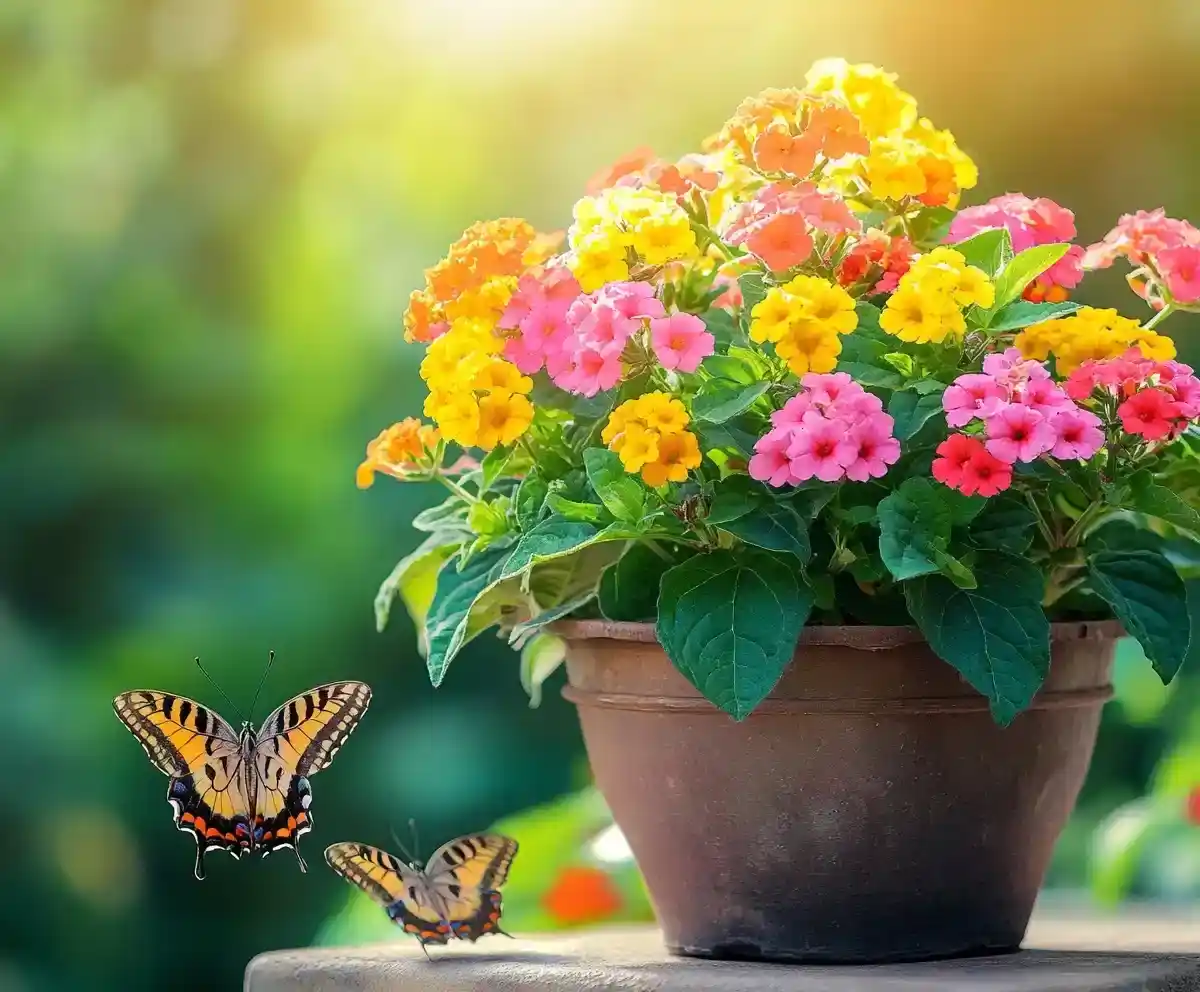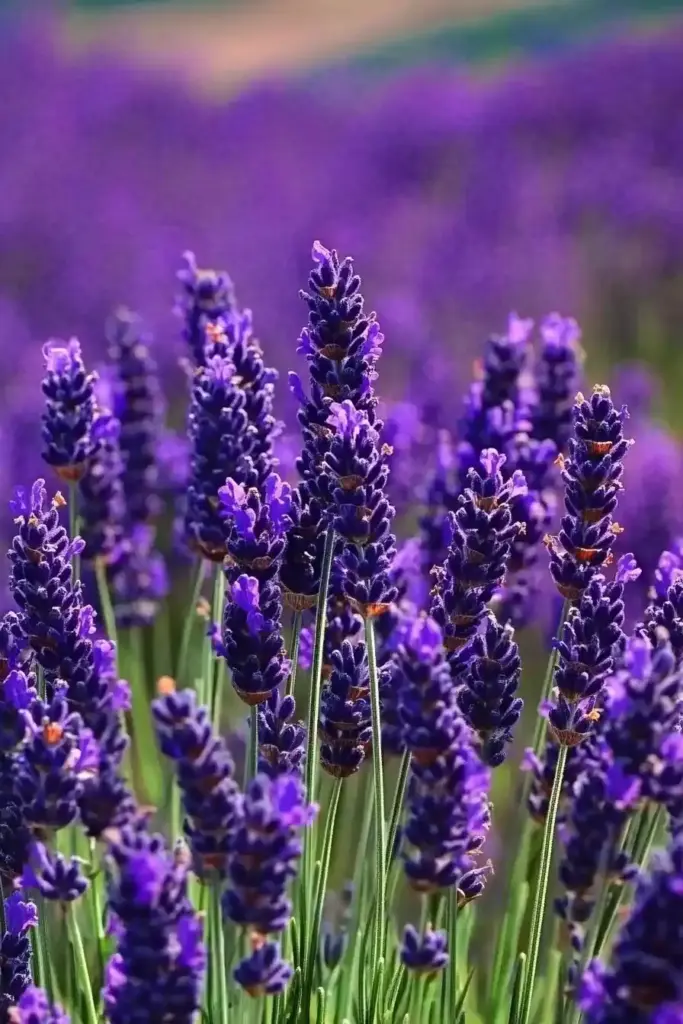Mosquitoes are a persistent nuisance, especially during warm evenings spent outdoors. But before you reach for chemical sprays, consider a greener approach—literally. By growing mosquito-repellent plants, you can naturally protect your garden and patio from these unwanted pests while enhancing your landscape with beauty and fragrance.
In this guide, we’ll walk through 12 of the best mosquito repellent plants to grow in 2025. These green defenders not only smell amazing but also act as living shields against mosquitoes—no harmful chemicals required.
Let’s dig into the most effective natural mosquito repellents you can grow right in your backyard.
🌱 1. Lavender
Primary Benefits: Repels mosquitoes, adds fragrance, drought-tolerant
Best For: Sunny spots with well-draining soil
Lavender isn’t just a pretty face in the garden. This aromatic plant produces oils that interfere with a mosquito’s sense of smell, making it an excellent natural deterrent. Bonus: its calming scent and soft purple blooms make it a favorite among pollinators—and humans.
Gardening Tip: Plant in containers or garden beds that get at least 6 hours of sun daily.
🌼 2. Marigold
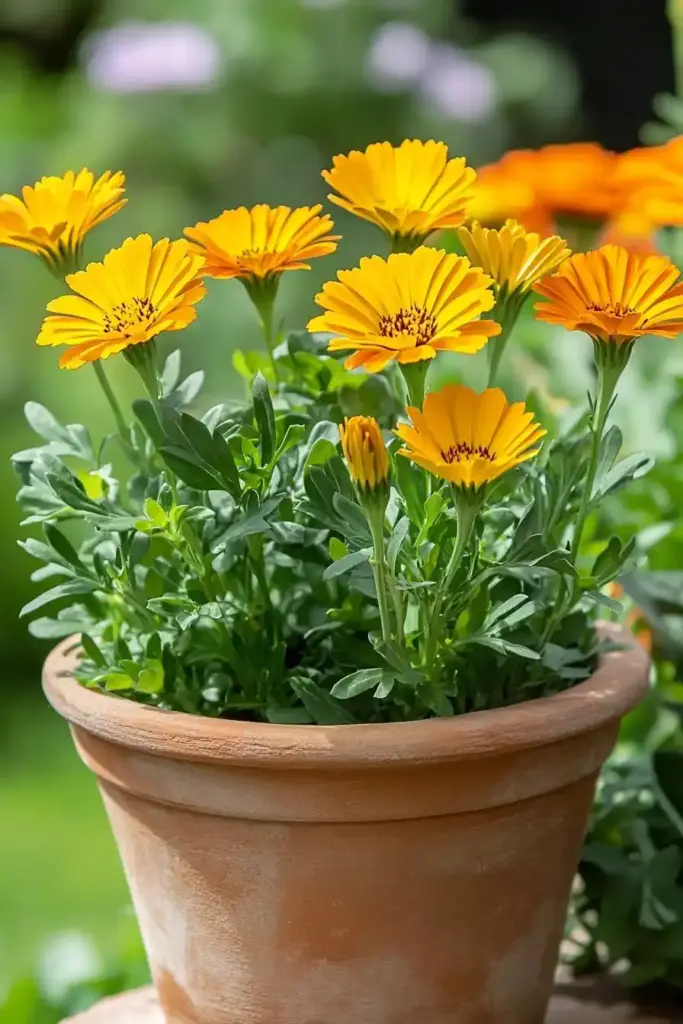
Primary Benefits: Emits a distinct scent that wards off mosquitoes and aphids
Best For: Borders, flower beds, and veggie gardens
Marigolds do double duty in the garden. Their sunny yellow-orange blooms repel mosquitoes with a strong, natural fragrance derived from pyrethrum, a common ingredient in bug sprays.
Pro Tip: Place them near doorways and windows to keep bugs from coming inside.
🌿 3. Lemongrass
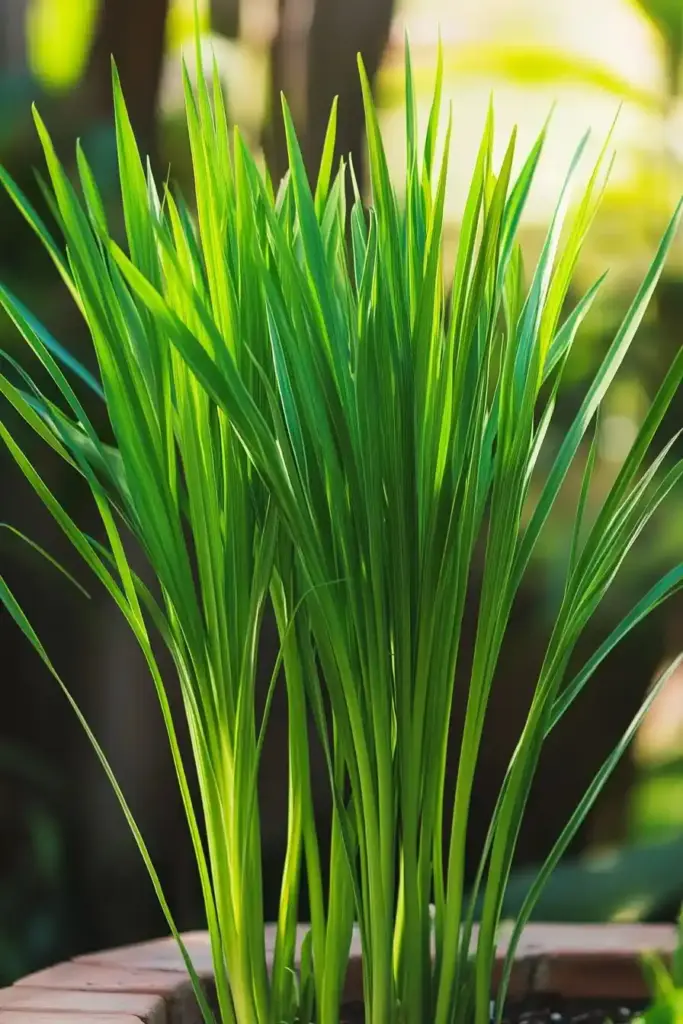
Primary Benefits: High in citronella oil, masks human scent
Best For: Planters, warm climates, tropical-style gardens
Lemongrass is a well-known natural mosquito repellent, thanks to its citronella content. Its tall, graceful leaves offer both ornamental appeal and insect-fighting power.
Reminder: Lemongrass is sensitive to frost, so bring it indoors or plant it in movable pots in cooler zones.
🌸 4. Bee Balm (Monarda)
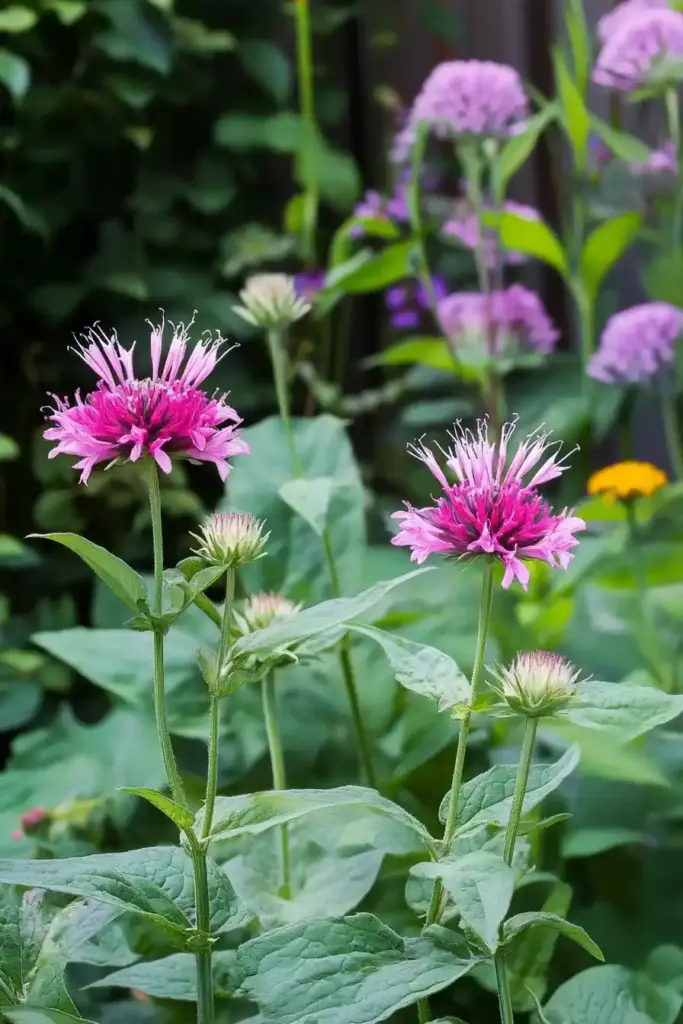
Primary Benefits: Attracts pollinators, repels mosquitoes
Best For: Cottage gardens, pollinator-friendly spaces
Crush the leaves of this vibrant plant, and you’ll release aromatic oils that mosquitoes can’t stand. Bee balm blooms in bold pinks, reds, and purples, adding color and movement to your garden.
Fun Fact: Also called horsemint or bergamot, it supports bees and butterflies while keeping mosquitoes away.
🌿 5. Basil
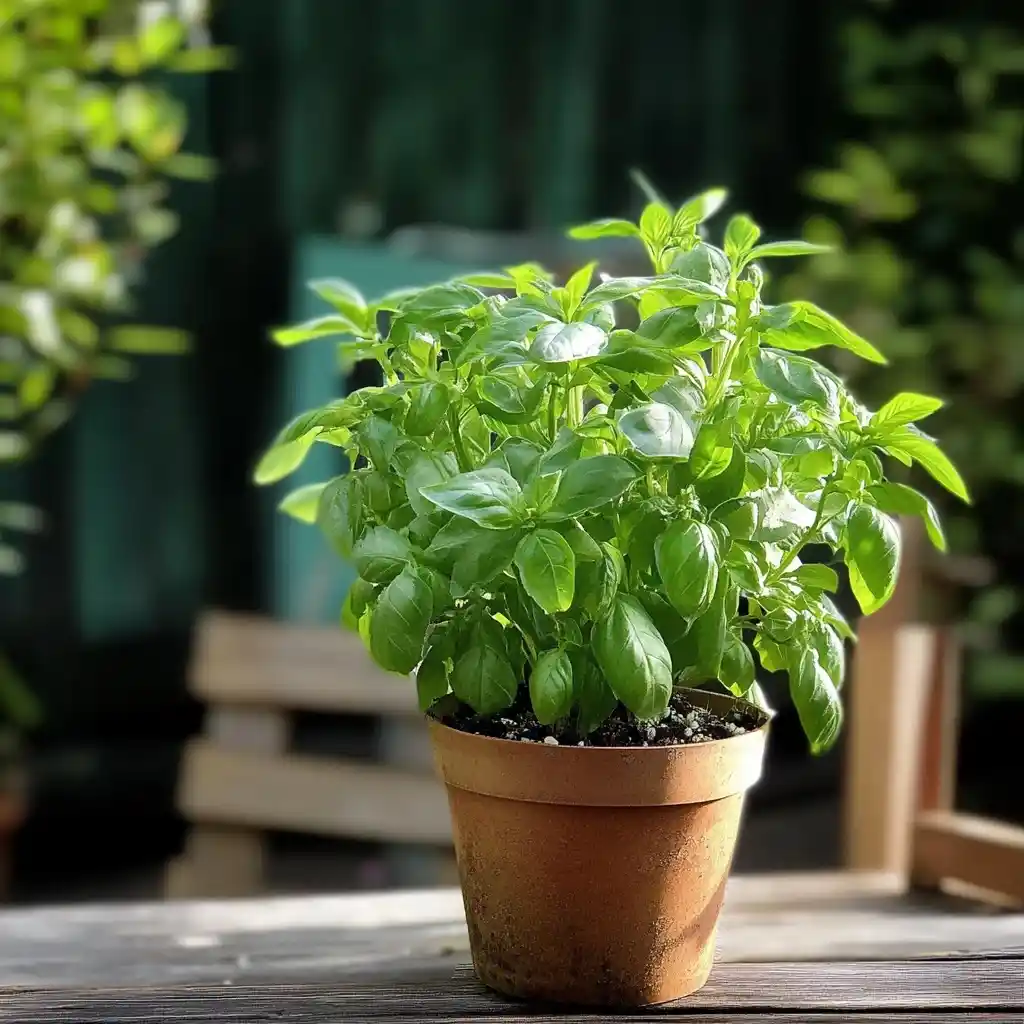
Primary Benefits: Aromatic herb, naturally deters insects
Best For: Herb gardens, kitchen windowsills, raised beds
You may already love basil for pesto, but mosquitoes hate it for its intense fragrance. It’s a functional, tasty addition to any garden.
Gardening Note: Keep soil moist and well-drained; basil loves sunlight.
🌱 6. Catmint

Primary Benefits: Research-backed mosquito repellent, easy to grow
Best For: Ground covers, borders, rock gardens
Catmint is more than a cat’s delight. Studies show it’s up to 10x more effective than DEET in repelling mosquitoes. It thrives in various soil types and climates, making it a practical choice for beginner gardeners.
Bonus: It produces lovely purple-blue flowers that bloom all summer.
🌿 7. Mint
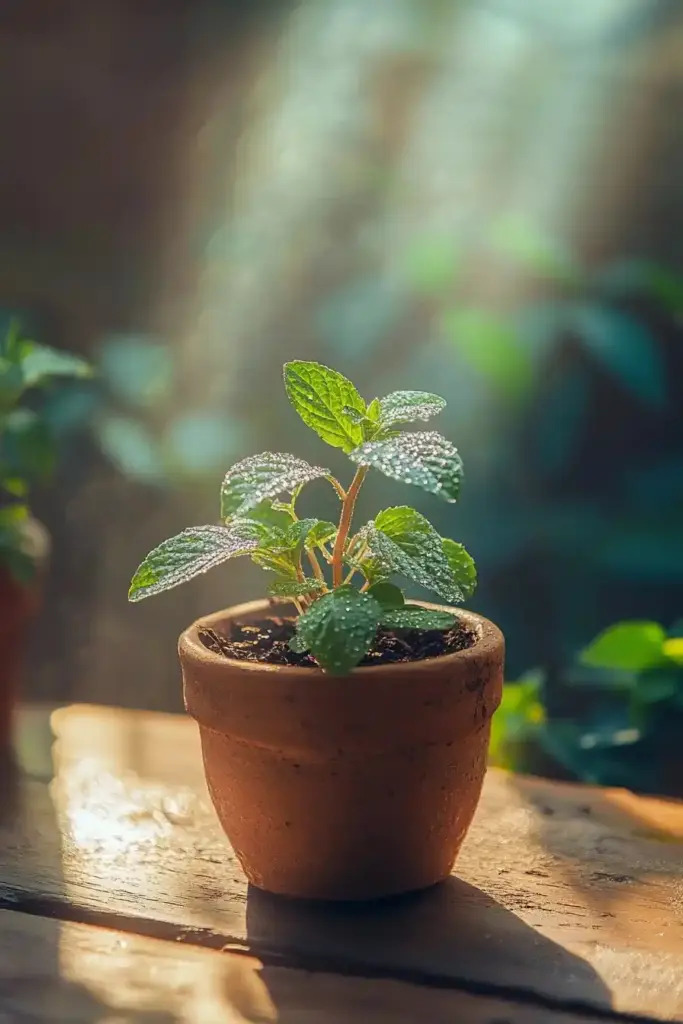
Primary Benefits: Fresh scent deters mosquitoes, ants, and flies
Best For: Container gardening, patios, partial shade
Mint is refreshingly effective against mosquitoes and other pests. Its powerful aroma masks human scent, confusing insects and keeping them away.
Pro Tip: Grow mint in containers—it’s a vigorous spreader and can take over garden beds quickly if left unchecked.
🔥 8. Sage
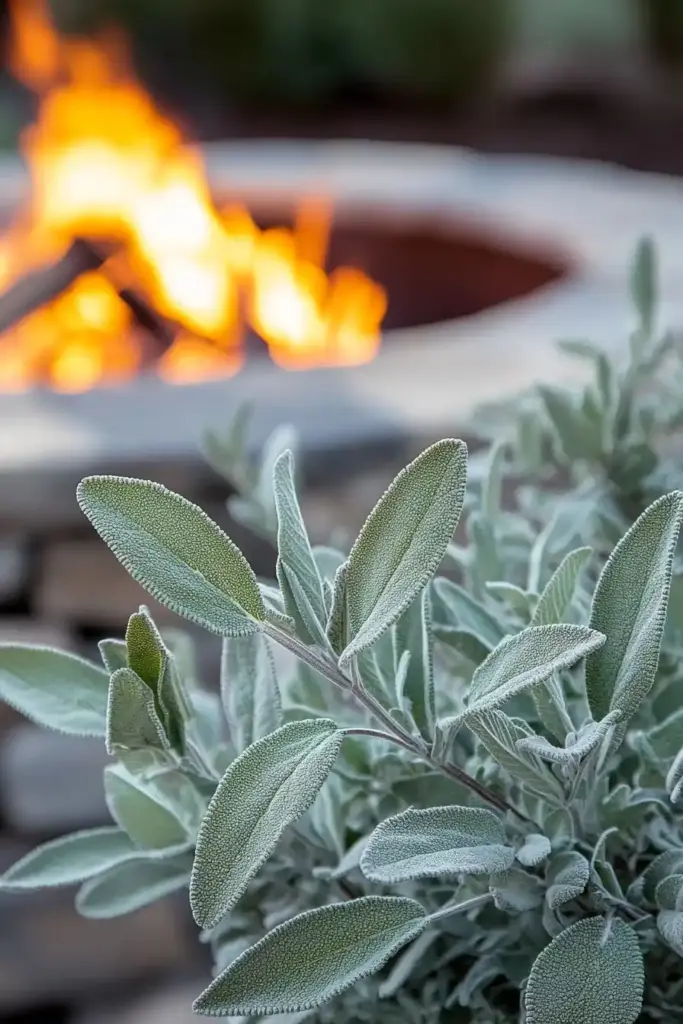
Primary Benefits: Mosquito-repelling when burned, culinary uses
Best For: Fire pit areas, herb gardens, dry climates
Sage isn’t just for stuffing. Toss a few leaves into the fire and let the fragrant smoke drive mosquitoes away. It’s ideal for outdoor gatherings and nighttime garden hangs.
Quick Tip: Crush fresh leaves and rub them on your clothes for natural bug protection.
🧄 9. Allium
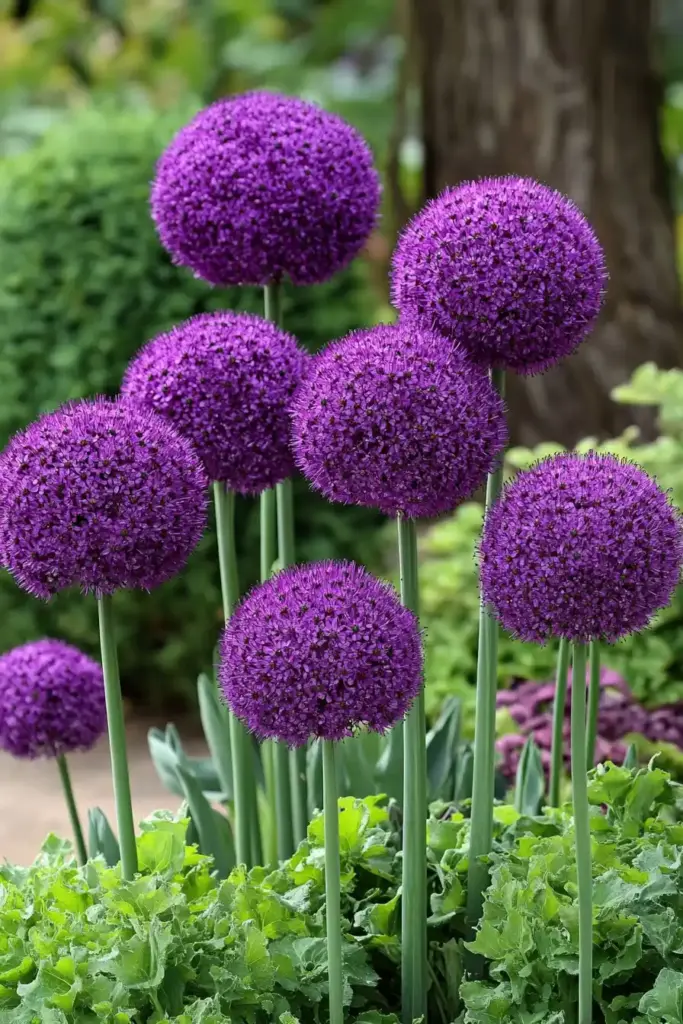
Primary Benefits: Natural insect repellent, ornamental appeal
Best For: Flower beds, borders, pest-prone gardens
Alliums—members of the onion family—release a pungent scent mosquitoes dislike. Their globe-like flowers add architectural flair and act as a built-in pest deterrent.
Bonus: They also keep aphids, beetles, and other garden pests at bay.
🌿 10. Eucalyptus
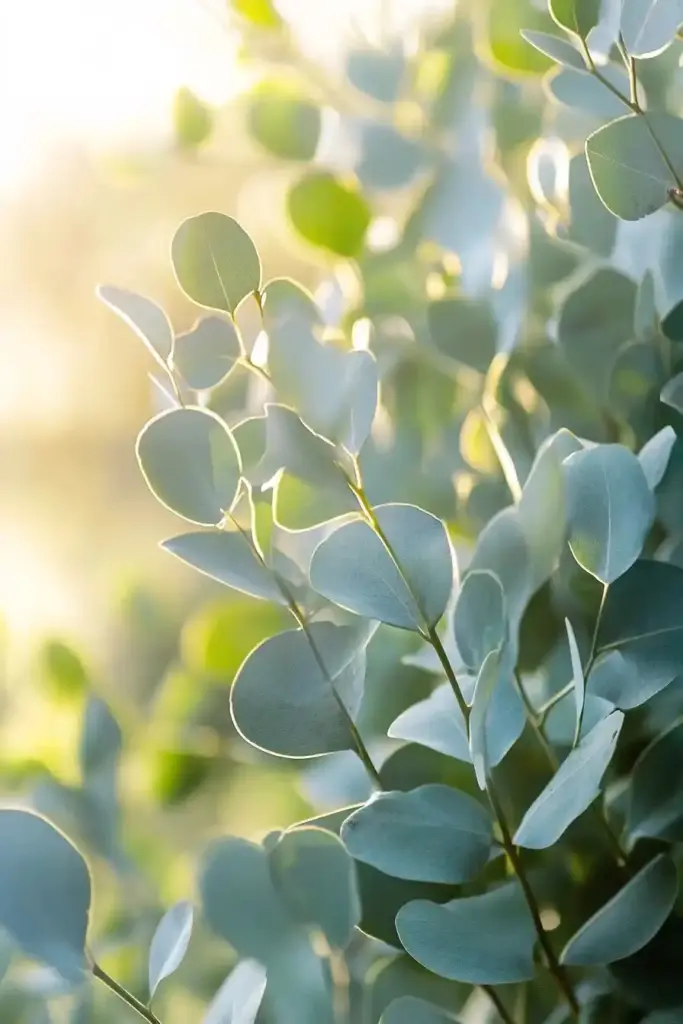
Primary Benefits: Fragrant oils deter mosquitoes, low-maintenance
Best For: Large pots, sunny garden areas, Mediterranean-style landscapes
The strong, camphor-like smell of eucalyptus leaves is highly effective against mosquitoes. The essential oils released in heat act as a natural shield, especially in the summer.
Grow Tip: Eucalyptus loves the sun—give it a warm, sunny spot to thrive.
🌸 11. Lantana
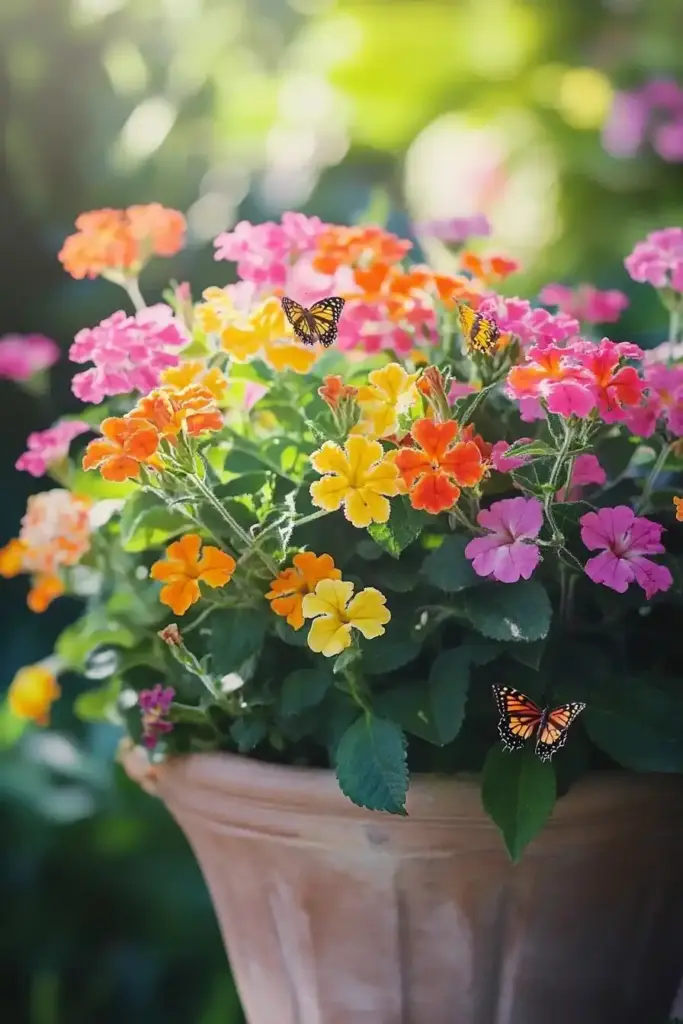
Primary Benefits: Mosquito repellent, butterfly attractor
Best For: Hanging baskets, sunny beds, border plants
Lantana is a two-for-one: its colorful flowers lure in butterflies while the leaves emit a fragrance that repels mosquitoes. It’s a must-have for decorative yet functional garden design.
Note: Though effective, lantana can be toxic to pets, so use caution in pet-friendly spaces.
🌱 12. Creeping Thyme
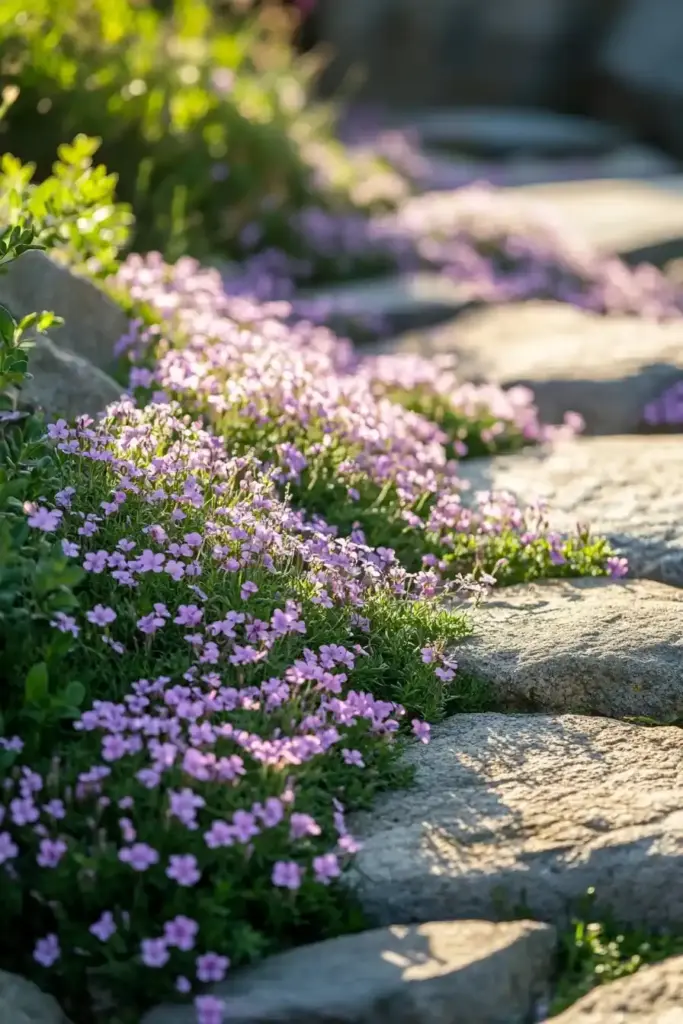
Primary Benefits: Releases oils when stepped on, hardy groundcover
Best For: Garden paths, stepping stone spaces, low borders
Creeping thyme forms a fragrant, low-growing mat that thrives in foot-traffic zones. Every step releases a fresh burst of mosquito-repelling aroma, turning your walkways into bug-free zones.
Design Idea: Plant between flagstones or patio pavers for a beautiful and functional effect.
author:🌞 Final Thoughts: Grow Your Own Mosquito-Free Oasis
Adding these mosquito repellent plants to your garden isn’t just practical—it’s downright delightful. From the sweet scent of lavender to the hardy versatility of mint and thyme, these plants create a serene outdoor retreat while keeping pests at bay.
Whether you’re cultivating an herb garden, dressing up your patio, or building a backyard paradise, these natural defenders can protect your space with style and scent.
Tip: Mix and match plants to extend bloom times and increase repellent coverage across your outdoor areas.
🌿 Love gardening inspiration? Follow me on Pinterest for bold plant ideas, tips, and seasonal color!
More Posts

